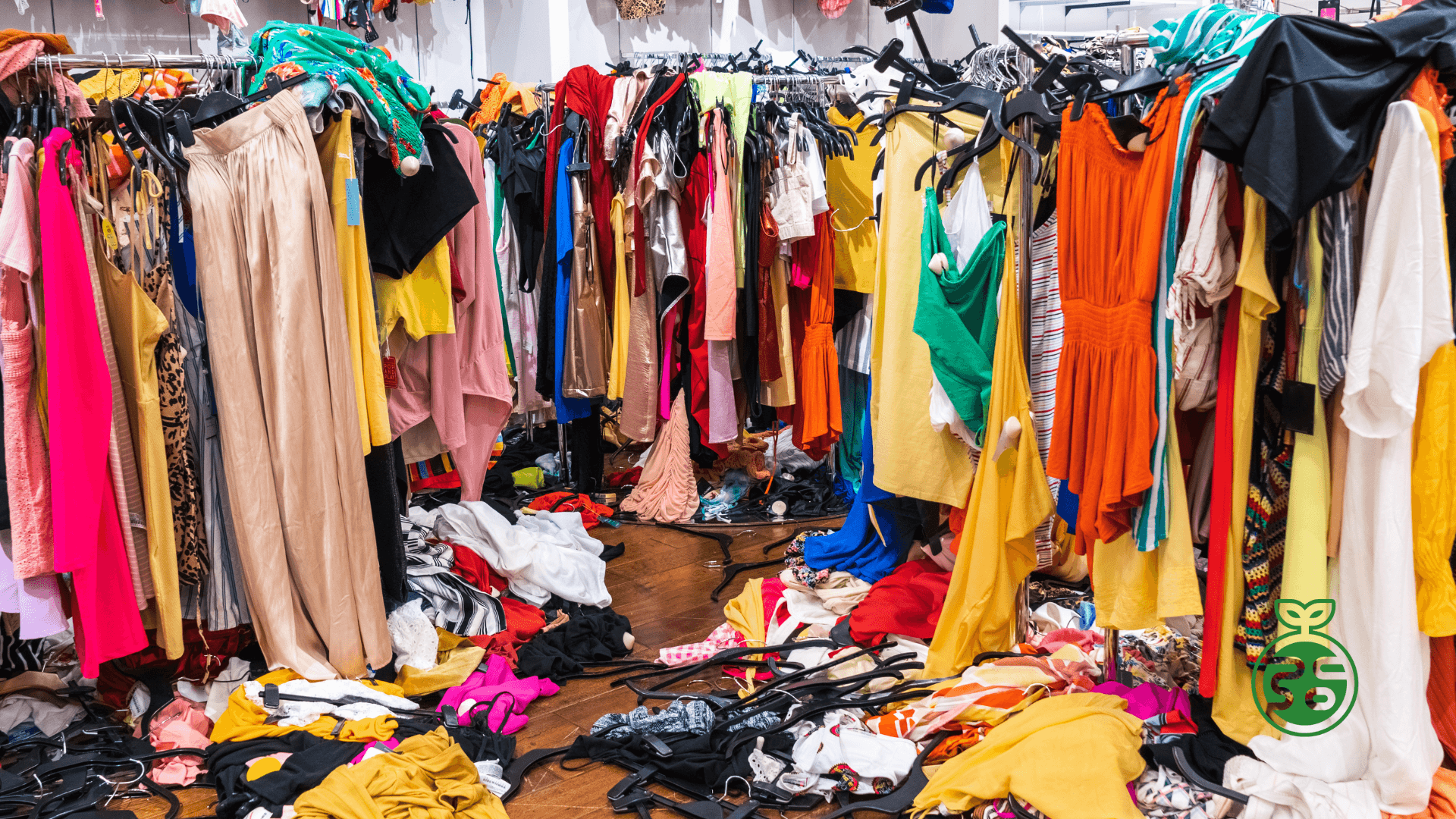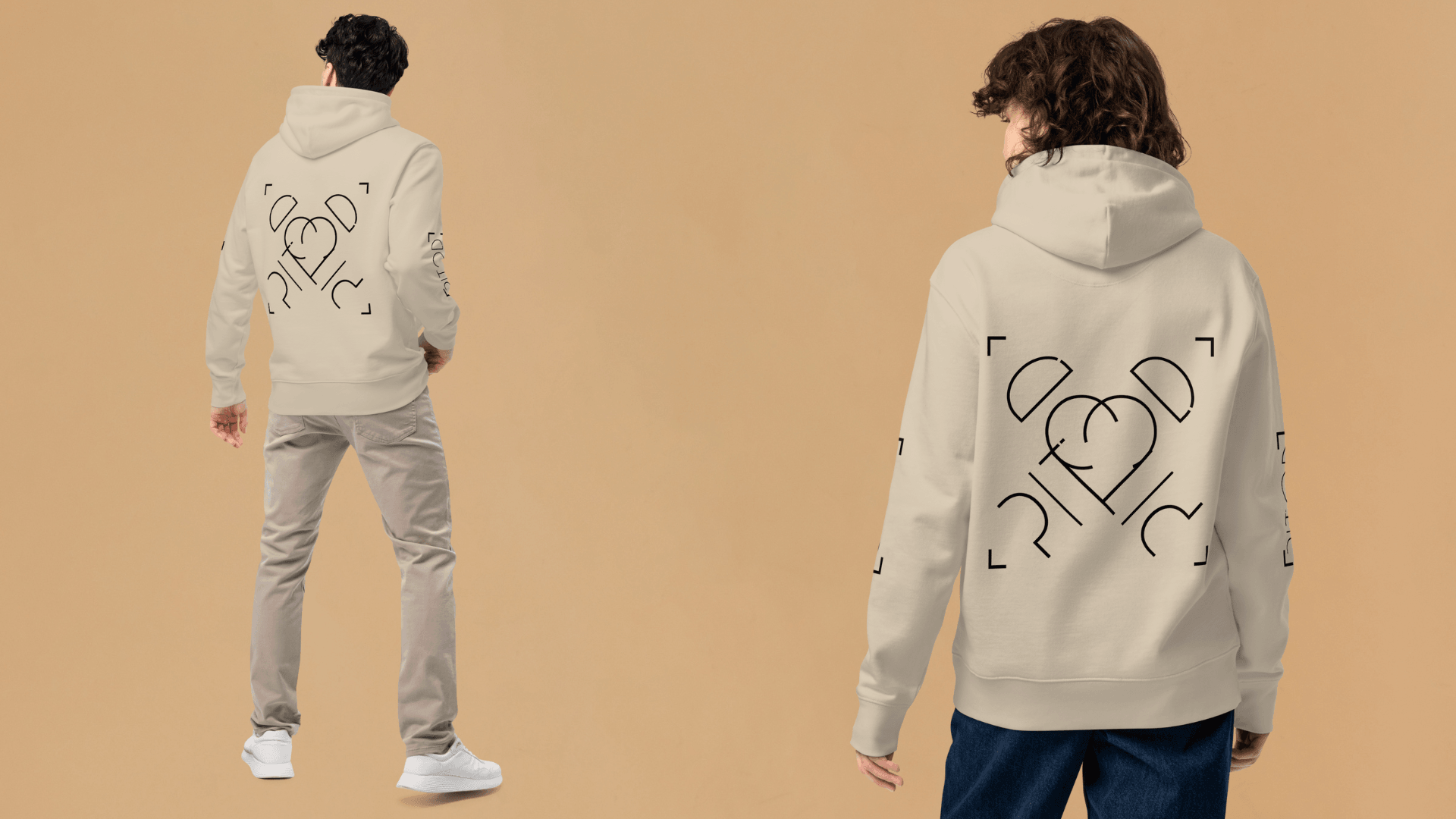
Die wahren Kosten billiger Mode: Warum ethische Produktion jeden Cent wert ist
Im Zeitalter der Fast Fashion ist es schwer, der Verlockung zu widerstehen, trendige Kleidung zu Tiefstpreisen zu kaufen. Doch hinter der scheinbar harmlosen Anziehungskraft eines 10-Pfund-T-Shirts verbirgt sich eine tiefere, beunruhigendere Wahrheit. Billige Mode, die das Rückgrat der Fast Fashion-Industrie bildet, hat enorme Kosten – die sich nicht auf dem Preisschild widerspiegeln. Zu diesen Kosten zählen Umweltzerstörung, Ausbeutung der Arbeiter und eine Wegwerfkultur. Im Gegensatz dazu bietet ethische Mode, die auf Nachhaltigkeit, faire Löhne und humane Arbeitsbedingungen setzt, eine Lösung, die Menschen und den Planeten über den Profit stellt.
1. Die Umweltkosten: Ein Planet in Gefahr
Die Fast-Fashion-Industrie ist für ihre Umweltschäden berüchtigt. Schätzungen zufolge ist der Modesektor für etwa 10 % der weltweiten CO2-Emissionen verantwortlich – mehr als die Luftfahrt- und Schifffahrtsindustrie zusammen. Die Herstellung synthetischer Fasern wie Polyester, einem Grundbestandteil billiger Mode, verbraucht große Mengen an Energie und wird aus Erdöl gewonnen, was erheblich zu den CO2-Emissionen beiträgt. Polyester ist außerdem nicht biologisch abbaubar, was bedeutet, dass jedes Kleidungsstück aus Polyester nach seiner Entsorgung Hunderte von Jahren auf Mülldeponien verbleibt.
Darüber hinaus führt die Nachfrage nach billiger, schnell produzierter Kleidung zu einer Überproduktion, die jährlich 92 Millionen Tonnen Textilmüll verursacht. Ein Großteil dieses Abfalls stammt von Kleidungsstücken, die nur wenige Male getragen werden, bevor sie weggeworfen werden, was die Wegwerfkultur befeuert, die Fast Fashion fördert.
Ethische Produktion: Ein umweltfreundlicherer Ansatz
Im Gegensatz dazu bevorzugen ethische Modemarken wie Pitod nachhaltige Materialien wie Bio-Baumwolle, Hanf und Tencel , die eine viel geringere Umweltbelastung haben. Bio-Baumwolle beispielsweise verbraucht 91 % weniger Wasser als konventionelle Baumwolle und ist nicht auf schädliche Pestizide oder synthetische Düngemittel angewiesen. Darüber hinaus konzentrieren sich Marken, die sich einer ethischen Produktion verschrieben haben, oft auf Slow Fashion , d. h. sie produzieren weniger, dafür aber qualitativ hochwertigere Artikel, die länger halten sollen, wodurch der Gesamtbedarf an Rohstoffen und Energie reduziert wird.
2. Die menschlichen Kosten: Ausbeutung und Ungerechtigkeit
Hinter den niedrigen Preisen von Fast-Fashion-Kleidung stecken die ausgebeuteten Arbeiter, die sie herstellen. Nach Angaben der Internationalen Arbeitsorganisation (ILO) arbeiten Millionen von Textilarbeitern, darunter viele Frauen, unter unsicheren, unhygienischen und ausbeuterischen Bedingungen. In Ländern wie Bangladesch, Kambodscha und Vietnam verdienen Textilarbeiter oft weniger als einen Existenzlohn und arbeiten viele Stunden in gefährlichen Umgebungen ohne Zugang zu grundlegenden Arbeitnehmerrechten oder Schutz.
Ein tragisches Beispiel hierfür ist der Einsturz des Rana Plaza im Jahr 2013, bei dem ein unsicheres Textilfabrikgebäude in Bangladesch einstürzte, wobei über 1.100 Arbeiter starben und Tausende weitere verletzt wurden. In dem Gebäude befanden sich Fabriken, die Kleidung für mehrere bekannte Fast-Fashion-Marken produzierten, was deutlich macht, wie wenig Rücksicht die Branche auf die Sicherheit der Arbeiter nimmt, um Profit zu machen.
Ethische Produktion: Respektierung der Arbeitnehmerrechte
Ethische Mode hingegen versucht, die Rechte der Arbeitnehmer zu schützen, indem sie faire Löhne , sichere Arbeitsbedingungen und eine menschenwürdige Behandlung gewährleistet. Marken, die ethische Produktionspraktiken anwenden, arbeiten oft mit Fair-Trade -Organisationen zusammen oder sind von Organisationen wie der Ethical Trading Initiative oder der Fair Wear Foundation zertifiziert, die die Lieferketten prüfen, um die Einhaltung internationaler Arbeitsnormen sicherzustellen. Wenn Verbraucher ethische Marken unterstützen, tragen sie dazu bei, die ausbeuterischen Systeme abzubauen, die der Fast-Fashion-Industrie zugrunde liegen, und stellen sicher, dass Textilarbeiter mit der Würde und dem Respekt behandelt werden, die sie verdienen.
3. Die versteckten finanziellen Kosten: Den Preis für billige Mode zahlen
Während Fast Fashion auf den ersten Blick erschwinglich erscheint, sind mit den niedrigen Preisen oft auch versteckte finanzielle Kosten verbunden. Billig produzierte Kleidungsstücke sind in der Regel von schlechter Qualität und haben eine kurze Lebensdauer, was zu häufigem Austausch führt. Ein billig hergestelltes T-Shirt kann bereits nach wenigen Wäschen seine Form verlieren oder reißen, sodass die Verbraucher häufiger neue Kleidung kaufen müssen. Auf lange Sicht ist dies teurer als die Investition in hochwertigere, ethisch produzierte Kleidungsstücke, die jahrelang halten sollen.
Ethische Mode: Qualität statt Quantität
Ethische Modemarken, darunter Pitod, legen Wert auf Handwerkskunst und Langlebigkeit . Diese Marken investieren in hochwertige Materialien und qualifizierte Arbeitskräfte, was zu Kleidungsstücken führt, die Verschleiß standhalten. Der Anschaffungspreis eines ethisch hergestellten Kleidungsstücks mag zwar höher sein, aber seine überlegene Qualität bedeutet, dass es jahrelang getragen werden kann, ohne dass es ersetzt werden muss, und bietet so auf lange Sicht ein besseres Preis-Leistungs-Verhältnis.
4. Kulturelle Kosten: Der Anstieg der Wegwerfartikel
Fast Fashion beutet nicht nur den Planeten und die Menschen aus, sondern fördert auch eine Kultur des gedankenlosen Konsums. Fast-Fashion-Marken bringen jede Woche Hunderte neuer Styles auf den Markt und ermutigen die Verbraucher, mehr zu kaufen, die Artikel nur ein paar Mal zu tragen und sie dann zugunsten der neuesten Trends wegzuwerfen. Diese „Wegwerfkultur“ führt zu übermäßigem Konsum und übermäßiger Verschwendung, wobei 85 % der Textilien jedes Jahr auf Mülldeponien landen.
Ethische Mode: Bewussten Konsum fördern
Ethische Mode hingegen fördert bewussten Konsum . Marken wie Pitod fördern die Idee, weniger, aber dafür besser zu kaufen. Der Schwerpunkt liegt auf der Kreation vielseitiger, zeitloser Stücke, die auf viele verschiedene Arten und zu unterschiedlichen Anlässen getragen werden können. Indem Qualität vor Quantität gestellt wird, ermutigt ethische Mode die Verbraucher, ihre Kleidungsstücke zu schätzen und zu pflegen, wodurch die Gesamtnachfrage nach neuer Kleidung reduziert und Abfall minimiert wird.
5. Die sozialen Kosten: Verlust der Verbindung
Fast Fashion kappt auch die Verbindung zwischen Verbrauchern und den Menschen, die ihre Kleidung herstellen. Die meisten Fast-Fashion-Kleidungsstücke werden in weit entfernten Fabriken hergestellt, weit weg vom Alltag der Verbraucher. Diese Distanz macht es leicht, die ausbeuterischen Praktiken hinter den Kulissen zu ignorieren, was zu einem Mangel an Bewusstsein und Verantwortung führt.
Ethische Mode: Verbindungen aufbauen
Ethische Mode versucht, diese Verbindung wiederherzustellen . Viele ethische Marken, darunter Pitod, konzentrieren sich auf Transparenz und bieten den Verbrauchern Einblick darin, wo und wie ihre Kleidung hergestellt wird. Indem sie die Menschen und Prozesse hinter jedem Kleidungsstück beleuchtet, fördert ethische Mode ein Gefühl der Verbundenheit und Verantwortung zwischen Verbrauchern und Herstellern und fördert so überlegtere Kaufentscheidungen.
Fazit: Warum ethische Mode jeden Cent wert ist
Im Grunde werden die wahren Kosten billiger Mode von der Umwelt, ausgebeuteten Arbeitern und der Gesellschaft als Ganzes getragen. Während Fast Fashion kurzfristig erschwinglich erscheinen mag, sind ihre langfristigen Auswirkungen verheerend. Im Gegensatz dazu bietet die ethische Produktion einen nachhaltigeren, menschlicheren und bewussteren Ansatz für Mode – einen, der Menschen, den Planeten und die Handwerkskunst wertschätzt.
Indem sie in ethisch hergestellte Kleidungsstücke investieren, kaufen Verbraucher nicht nur Kleidung; sie unterstützen faire Löhne, reduzieren Umweltschäden und fördern eine Kultur der Nachhaltigkeit und Inklusivität. Wir bei Pitod glauben, dass Mode eine Kraft für das Gute sein kann und jeder Kauf ein Schritt in Richtung einer gerechteren und nachhaltigeren Zukunft sein kann. Letztendlich liegt der wahre Preis ethischer Mode nicht im Preisschild, sondern in der positiven Veränderung, die sie in die Welt bringt.
Aufruf zum Handeln:
Wir ermutigen Sie, uns auf dieser Reise des bewussten Konsums zu begleiten. Wählen Sie Qualität statt Quantität und unterstützen Sie Marken, die Ethik und Nachhaltigkeit in den Vordergrund stellen. Gemeinsam können wir der Fast-Fashion-Industrie die Stirn bieten und eine bessere Zukunft für alle schaffen.



Hinterlasse einen Kommentar
Diese Website ist durch hCaptcha geschützt und es gelten die allgemeinen Geschäftsbedingungen und Datenschutzbestimmungen von hCaptcha.